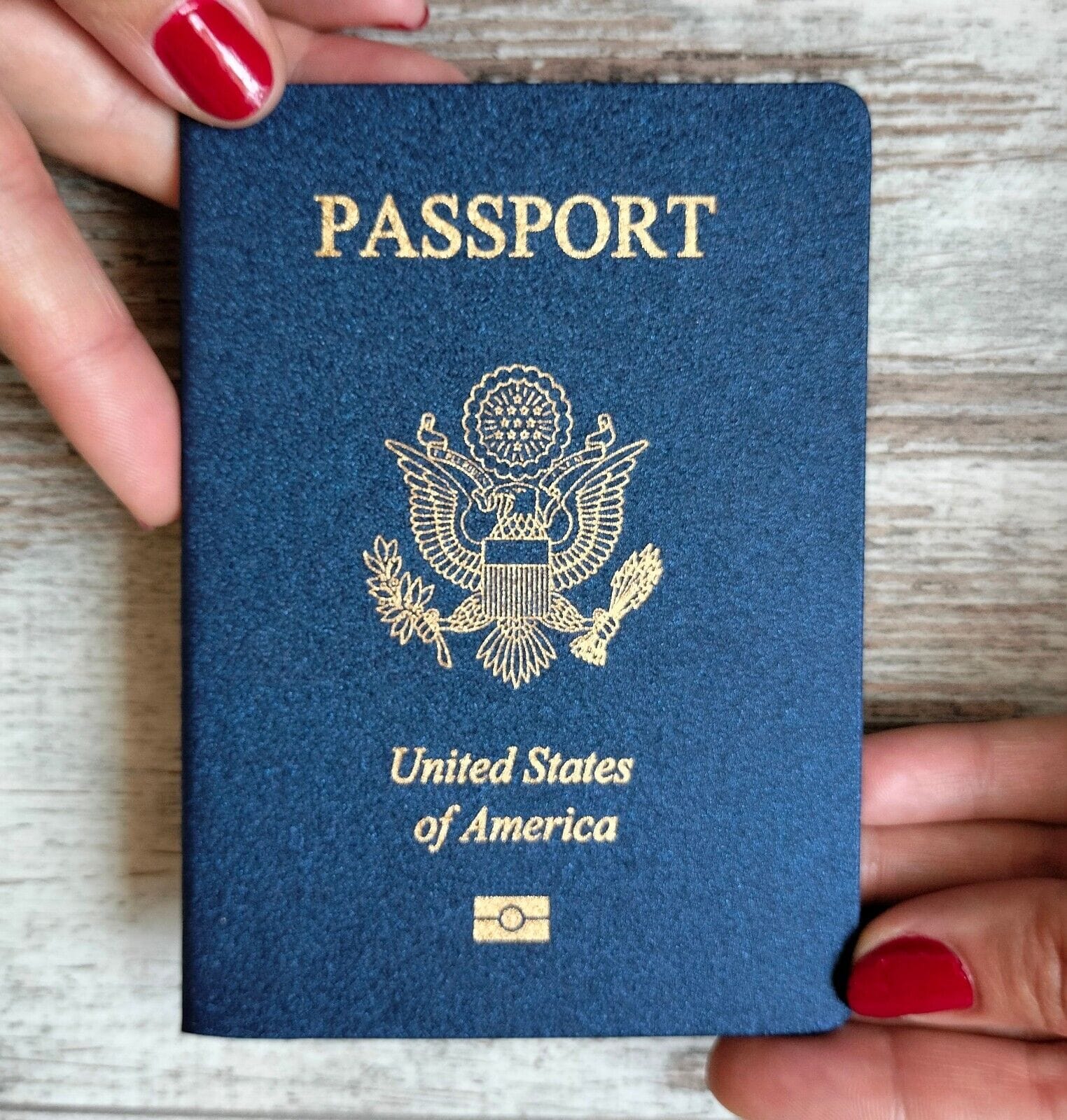Creating unnecessary barriers for voting

This may seem straightforward at first glance but carries significant implications: requiring passports for voter registration. While the intention might be to enhance security, the reality is that such a policy could create barriers for millions of eligible voters.
First, let’s consider accessibility. Not everyone has a passport. In fact, a large portion of the population—particularly low-income individuals, students, and the elderly—may not own one. Passports are expensive and time-consuming to obtain, creating an economic hurdle that disproportionately affects marginalized communities. This could lead to voter suppression, not by intent but by consequence.
Second, there’s the issue of name discrepancies. Married women, transgender individuals, or anyone who has legally changed their name might face challenges if their passport doesn’t match their current identity. This could result in confusion, delays, and even disenfranchisement.
Third, logistical challenges arise. Many voter registration systems currently allow for online or mail-in processes. Requiring a passport would likely necessitate in-person visits to election offices, which could be a significant burden for those with limited mobility, transportation, or time.
Finally, we must consider the broader impact on democracy. Voting is a fundamental right, and any policy that creates unnecessary barriers risks undermining public trust in the electoral process. Our goal should be to make voting more accessible, not less.
In conclusion, while the idea of using passports for voter registration might seem like a step toward security, it’s crucial to weigh the unintended consequences. Let us strive for a system that upholds both integrity and inclusivity, ensuring that every eligible voter has the opportunity to participate in shaping our future.
